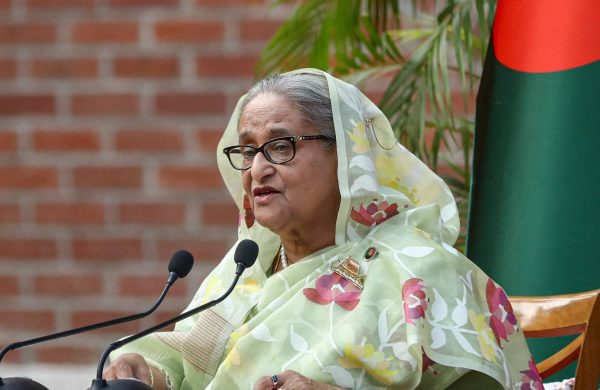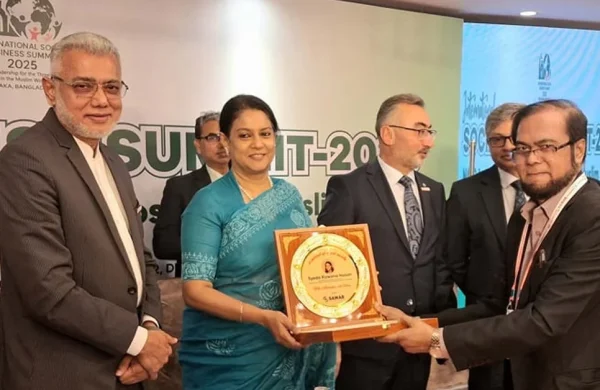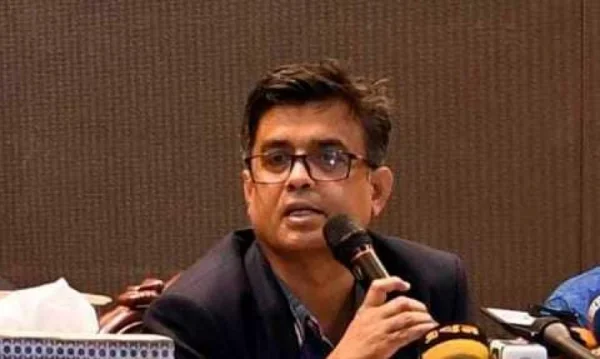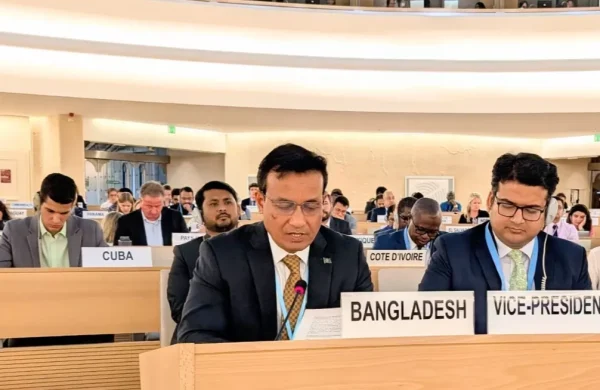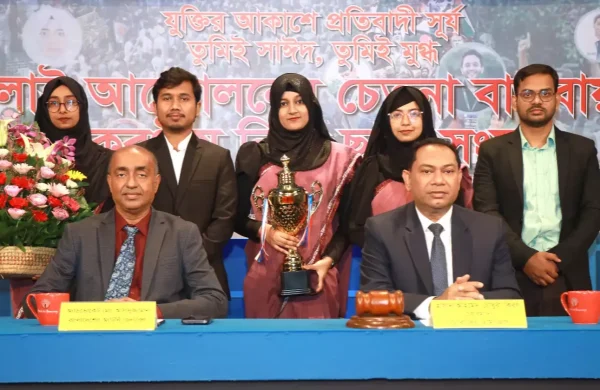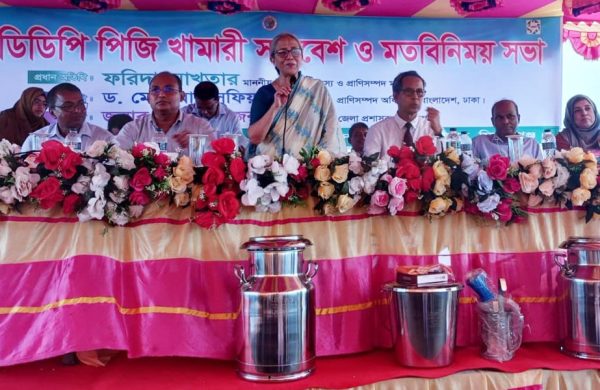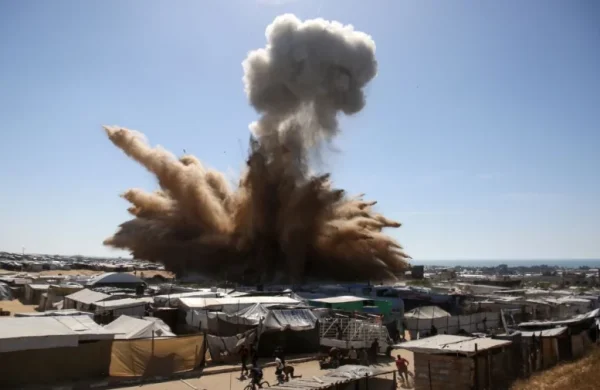TigerIT’s 13-year monopoly over BRTA projects on
- Update Time : Monday, September 9, 2024

TDS Desk:
For the last 13 years, the Bangladesh Road Transport Authority (BRTA) has been under the grip of TigerIT, a company notorious for its corruption-ridden past.
Despite being blacklisted by the World Bank, TigerIT managed to monopolize BRTA’s critical projects, such as issuing digital smart card driving licenses and managing RFID-tagged number plates. Investigations reveal that this control was maintained through political influence, notably involving Major General Tarique Ahmed Siddique, a key advisor to Sheikh Hasina.
TigerIT, leveraging its connections to Major General Siddique, secured BRTA contracts without any open tender, sidelining potential competitors. The firm’s ability to maintain control over BRTA operations for more than a decade has raised eyebrows within the tech and governance sectors. Despite repeated requests from BRTA to hand over control of servers and databases, TigerIT refused, further solidifying its grip.
Quantitative Data and Financial Impact
TigerIT’s monopoly came at a significant financial cost to the government. In 2020, Hasina’s cabinet approved a Tk 189 million project to procure 400,000 digital smart card driving licenses without a tender. While the market price of a smart card license is around Tk 50, TigerIT charged BRTA Tk 500 per card. This 10-fold price increase exemplifies the unchecked power the company held over the state-run organization.
An audit report revealed that TigerIT earned a profit of Tk 22.2 million from its BRTA projects in the fiscal year 2019-20 alone. However, many experts believe the overall financial gains during its 13-year tenure could be much higher.
TigerIT was blacklisted by the World Bank in 2019 following evidence of corruption in the Election Commission’s smart card project. Ziaur Rahman, the company’s chairman, was personally blacklisted for six and a half years. Despite this, TigerIT continued to operate under shadow ventures linked to the TUSAKA Group, which is associated with Shahnaj Siddique, the wife of Major General Tarique Siddique.
When TigerIT’s contract with BRTA was terminated in 2019, Indian firm Madras Security Printers was appointed through a fresh tender. However, the handover of responsibilities was delayed until June 2021 because TigerIT refused to relinquish control of BRTA’s server and database.
Concerns from Industry Experts
Sumon Ahmed Sabir, a member of the Asia Pacific Network Information Centre (APNIC), voiced serious concerns over the long-term control of BRTA data by a blacklisted company. “Having vast data repositories of 180 million citizens in the hands of TigerIT, a company blacklisted for corruption, is a huge risk,” Sabir said. “This company did not come through a proper procurement process, which raises red flags about transparency and accountability.”
Fahim Mashroor, former president of the Bangladesh Association of Software and Information Services (BASIS), expressed concerns over BRTA’s reluctance to diversify its vendors. “Many local companies are capable of handling BRTA’s platform, but direct procurement from a single organization like TigerIT is highly impractical and raises questions about possible misuse of public funds,” he remarked.
Political Influence Behind TigerIT’s Power
TigerIT’s continued involvement in BRTA projects can be attributed to its political connections. Ziaur Rahman, the company’s chairman, is accused of leveraging his ties with Major General Tarique Siddique to maintain his company’s control over public projects. Additionally, Ziaur’s appointment of AHM Rashed Sarwar, whose father-in-law was a high-ranking Awami League official, as managing director further strengthened TigerIT’s influence. Rashed, however, fled to the USA after political changes.
The controversy surrounding TigerIT’s prolonged dominance over BRTA raises broader questions about public procurement transparency in Bangladesh. Experts are now calling for increased scrutiny and competitive tendering to ensure that future projects are awarded based on merit, cost-effectiveness, and accountability.
Despite the global blacklisting and local controversies, TigerIT continues to manage critical public infrastructure projects, leaving Bangladesh’s digital future at risk.


